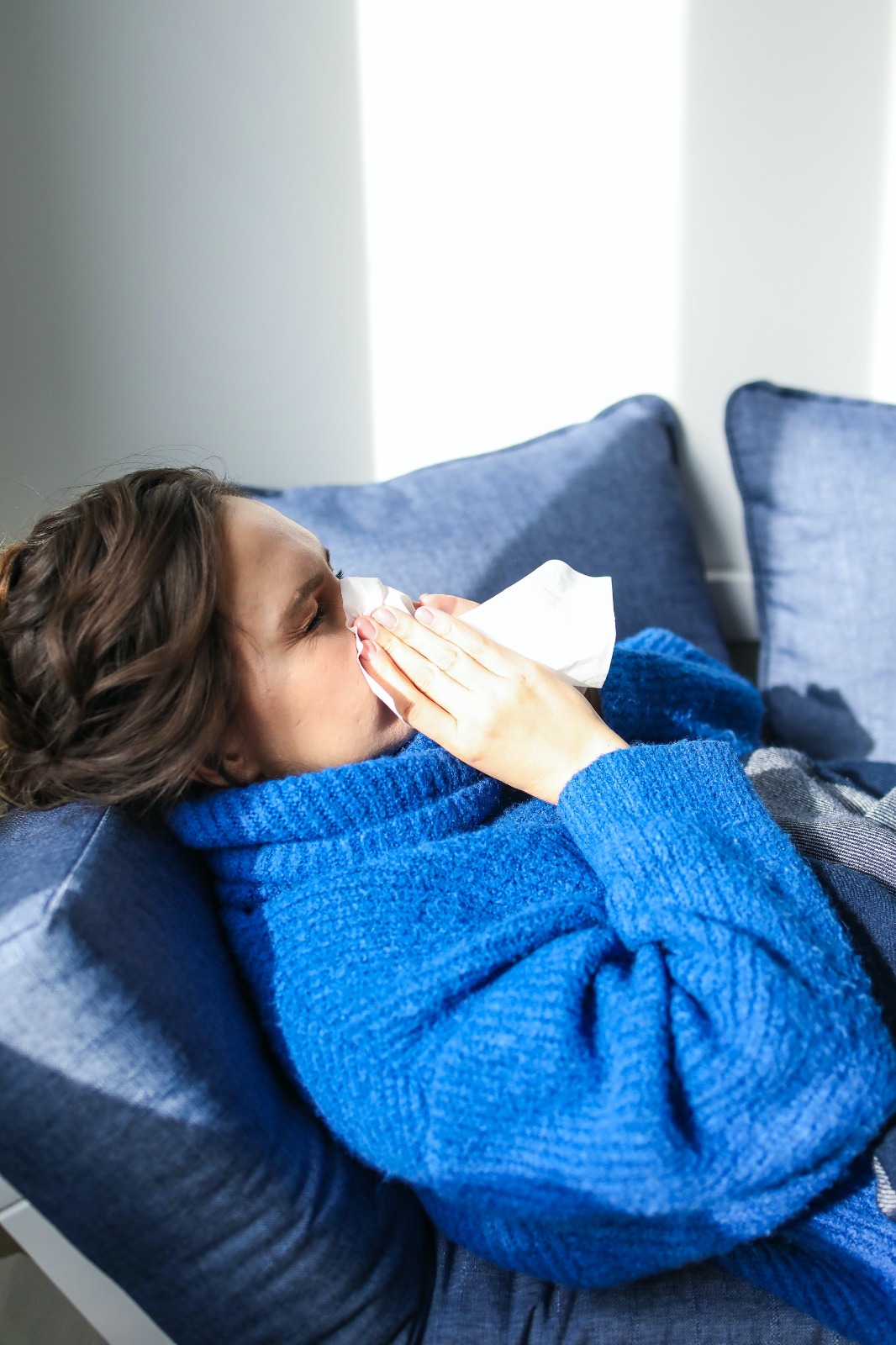Infections - Prevention, Diagnosis & Treatment
Viral Rhinitis: Understanding its Symptoms, Causes, and Management
By S.I. (staff writer) , published on August 04, 2023

Medicine Telehealth Health flu viral
What is Viral Rhinitis?
Viral rhinitis, commonly referred to as the common cold, is a viral infection that affects the nose and throat. It is a prevalent condition that can cause symptoms such as nasal congestion, sneezing, and a runny nose. [1]
What are the Symptoms of Viral Rhinitis?
The symptoms of viral rhinitis can vary from person to person, but the most common signs include:
- Nasal Congestion: Nasal congestion, or a stuffy nose, is a primary symptom of viral rhinitis. It occurs due to inflammation and swelling of the nasal passages, resulting in difficulty breathing through the nose. [2]
- Runny Nose: A runny nose is characterized by excessive production of thin, watery mucus. This symptom may irritate and lead to frequent nose wiping.
- Sneezing: Sneezing is a reflex action that helps to expel irritants or viruses from the nose. It is a common symptom of viral rhinitis and often occurs in rapid succession.
- Sore Throat: Some individuals may experience a mild sore throat or throat irritation due to postnasal drip, which is the drainage of mucus from the back of the nose into the throat.
- Cough: A dry, non-productive cough may occur as a result of throat irritation caused by postnasal drip.
What are the Causes of Viral Rhinitis?
Viral rhinitis is primarily caused by viral infections, with the most common culprits being rhinoviruses. [3] These viruses are highly contagious and can be easily transmitted through respiratory droplets. Factors that increase the risk of viral rhinitis include:
- Direct Contact: Coming into direct contact with an infected person, such as shaking hands or sharing personal items, can facilitate the spread of the virus.
- Airborne Transmission: The viruses responsible for viral rhinitis can be present in the air when an infected person coughs or sneezes. Inhaling these respiratory droplets can lead to infection.
- Contaminated Surfaces: Touching surfaces or objects contaminated with the virus, such as doorknobs or keyboards, and then touching the nose or mouth can contribute to viral rhinitis.
Management Strategies for Viral Rhinitis:
While there is no cure for viral rhinitis [4], several strategies can help manage the symptoms and promote recovery. These include:
- Rest and Fluid Intake: Getting adequate rest and staying hydrated by consuming fluids, such as water, herbal tea, or warm soups, can help support the immune system and relieve symptoms.
- Nasal Saline Irrigation: Using a saline solution or nasal irrigation system can help flush out excess mucus and alleviate nasal congestion.
- Over-the-Counter Medications: Over-the-counter medications, such as decongestants or antihistamines, may provide temporary relief from nasal congestion and runny nose. However, it is important to follow the recommended dosage and consult a healthcare professional if symptoms persist or worsen.
- Steam Inhalation: Inhaling steam from a bowl of hot water or using a humidifier can help moisturize nasal passages and ease congestion. [5
- Symptom Relief: Using throat lozenges or sprays, drinking warm beverages, and using a humidifier can help soothe a sore throat and cough associated with viral rhinitis.
References:
- https://link.springer.com/chapter/10.1007/978-3-030-21217-9_23
- https://journals.sagepub.com/doi/10.1177/014556130007900908
- https://journals.sagepub.com/doi/10.2500/105065898782102954
- https://europepmc.org/article/med/17153013
https://www.sciencedirect.com/science/article/abs/pii/S0196070987800376
Find articles related to: Medicine Telehealth Health flu viral
More articles about Infections - Prevention, Diagnosis & Treatment
Back to the Health Tips Index




